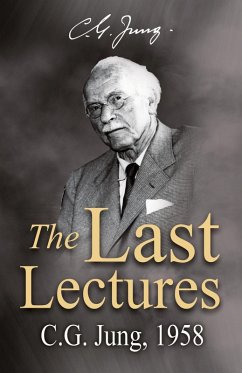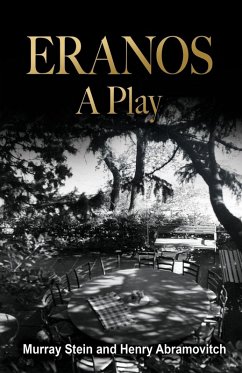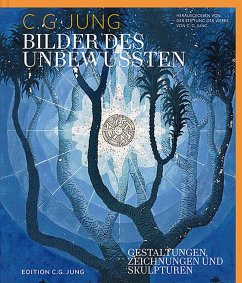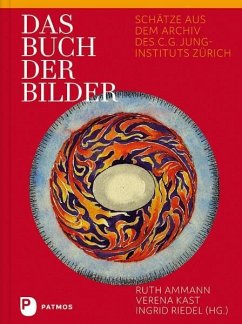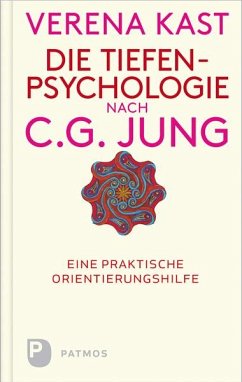
Atom and Archetype
The Pauli / Jung Letters, 1932-1958
Herausgegeben von Meier, C. A.; Mitarbeit: Zabriskie, Beverley; Übersetzung: Roscoe, David
Versandkostenfrei!
Sofort lieferbar
21,99 €
inkl. MwSt.

PAYBACK Punkte
11 °P sammeln!
In 1932, Wolfgang Pauli was a world-renowned physicist and had already done the work that would win him the 1945 Nobel Prize. He was also in pain. His mother had poisoned herself after his father's involvement in an affair. Emerging from a brief marriage with a cabaret performer, Pauli drank heavily, quarreled frequently and sometimes publicly, and was disturbed by powerful dreams. He turned for help to C. G. Jung, setting a standing appointment for Mondays at noon. Thus bloomed an extraordinary intellectual conjunction not just between a physicist and a psychologist but between physics and ps...
In 1932, Wolfgang Pauli was a world-renowned physicist and had already done the work that would win him the 1945 Nobel Prize. He was also in pain. His mother had poisoned herself after his father's involvement in an affair. Emerging from a brief marriage with a cabaret performer, Pauli drank heavily, quarreled frequently and sometimes publicly, and was disturbed by powerful dreams. He turned for help to C. G. Jung, setting a standing appointment for Mondays at noon. Thus bloomed an extraordinary intellectual conjunction not just between a physicist and a psychologist but between physics and psychology. Eighty letters, written over twenty-six years, record that friendship. This artful translation presents them in English for the first time. Through the association of these two pioneering thinkers, developments in physics profoundly influenced the evolution of Jungian psychology. And many of Jung's abiding themes shaped how Pauli--and, through him, other physicists--understood the physical world. Of clear appeal to historians of science and anyone investigating the life and work of Pauli or Jung, this portrait of an incredible friendship will also draw readers interested in human creativity as well as those interested in psychology, science, creativity, and genius.



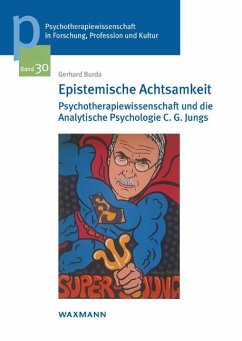
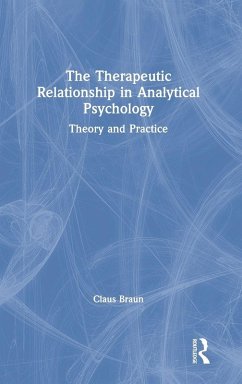
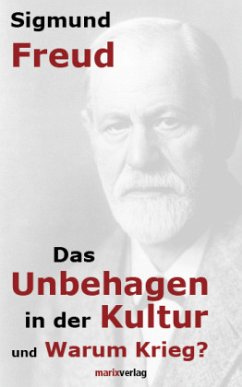
![A Story of Dreams, Fate and Destiny [Zurich Lecture Series Edition] Cover A Story of Dreams, Fate and Destiny [Zurich Lecture Series Edition]](https://bilder.buecher.de/produkte/58/58845/58845168n.jpg)
